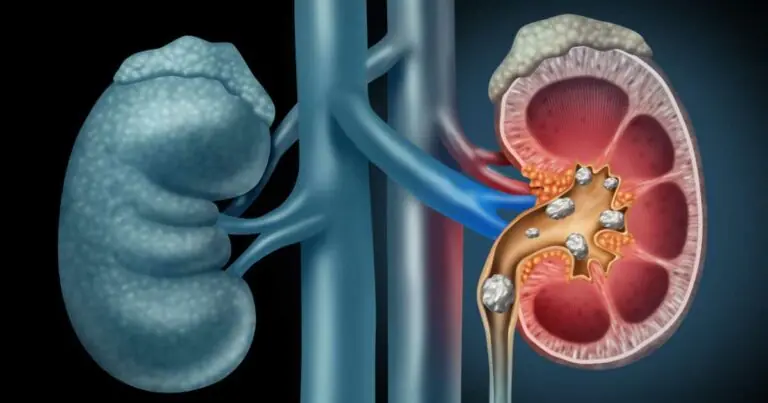
Sweet Potato vs. Potato: The Truth About Their Health Benefits
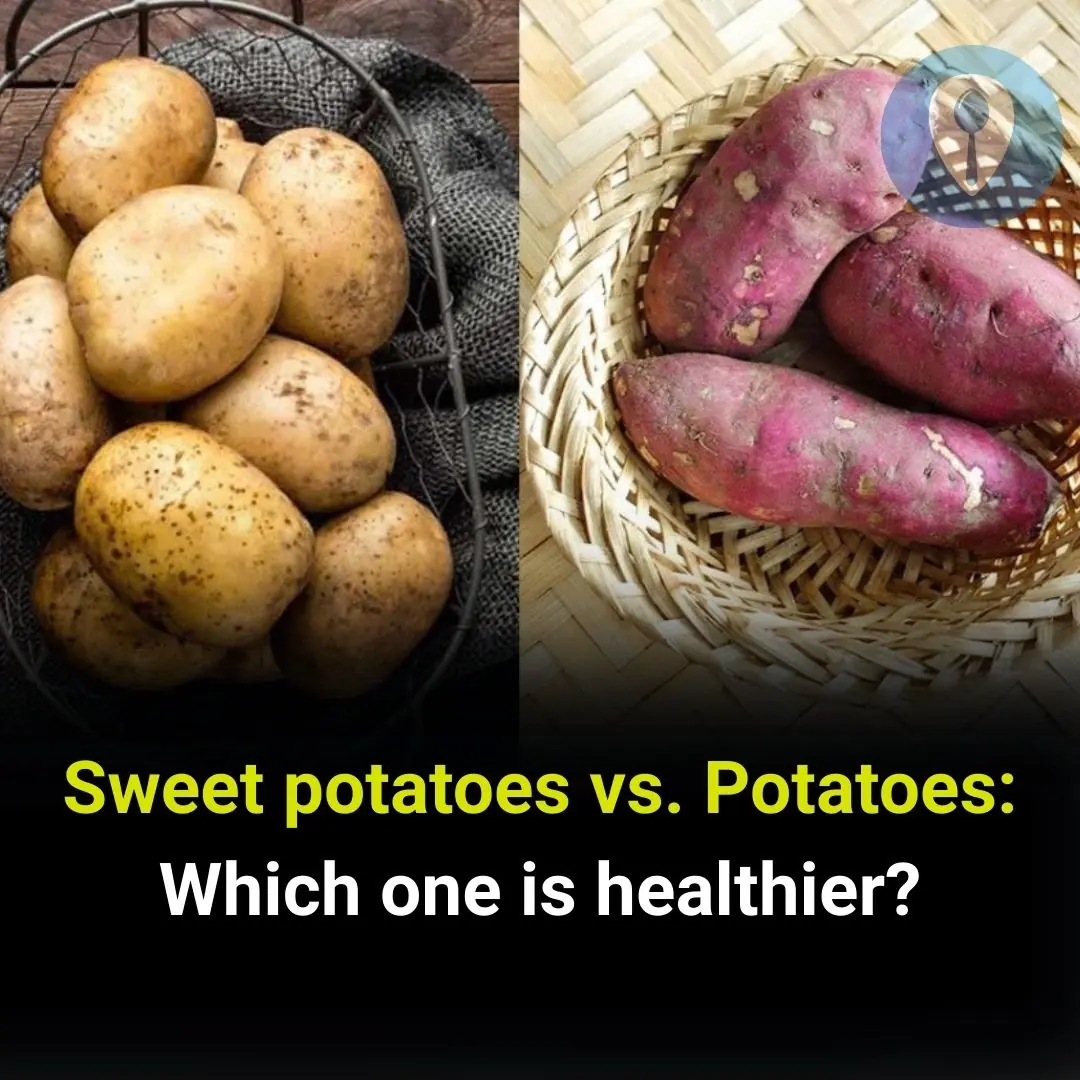
Sweet Potatoes vs. Potatoes: Which One Is Healthier?
Potatoes and sweet potatoes are both staple foods enjoyed across the globe. Whether baked, boiled, mashed, or fried, they often appear on our plates as comfort food or a nutritious side dish. But when it comes to health, many people wonder: Are sweet potatoes actually healthier than regular potatoes? The answer isn’t as simple as one being “good” and the other “bad.” Both have unique nutritional benefits, and the healthier choice depends on your personal health goals and diet.
Nutritional Comparison
Calories and Carbohydrates
-
White Potatoes: A medium white potato (about 150 g) contains roughly 130 calories and 30 g of carbohydrates.
-
Sweet Potatoes: A medium sweet potato has around 110 calories and 26 g of carbohydrates.
Both are relatively similar in calories and carbs, with sweet potatoes being slightly lower.
Fiber Content
-
Sweet potatoes typically contain more fiber (about 4 g per serving) compared to white potatoes (about 2 g).
-
Fiber aids digestion, promotes satiety, and helps stabilize blood sugar.
Vitamins and Minerals
-
Sweet Potatoes: Rich in vitamin A (in the form of beta-carotene), providing over 400% of the daily requirement in just one medium potato. They’re also a good source of vitamin C, manganese, and potassium.
-
White Potatoes: Contain more vitamin C than sweet potatoes and are slightly higher in potassium—an essential mineral for blood pressure control and muscle function. They also provide vitamin B6 and iron.
Antioxidants
-
Sweet potatoes, especially the orange and purple varieties, are packed with antioxidants that support immune function and reduce inflammation.
-
White potatoes also contain antioxidants, but in lower amounts compared to sweet potatoes.

Health Benefits
Blood Sugar and Diabetes
-
Sweet potatoes have a lower glycemic index (GI) than white potatoes, meaning they raise blood sugar more slowly. This makes them a better option for people with diabetes or those looking to control blood sugar spikes.
-
White potatoes, especially when baked or mashed, have a higher GI but can be balanced when eaten with protein, fiber, or healthy fats.
Weight Management
-
Because of their higher fiber content, sweet potatoes may keep you fuller for longer. However, portion control is key—both can fit into a balanced diet.
Heart Health
-
Potassium in both types of potatoes supports heart health by helping regulate blood pressure.
-
Sweet potatoes, with their antioxidant and fiber content, may provide extra cardiovascular benefits.
Cooking Methods Matter
The way you cook potatoes often determines how healthy they are.
-
Healthier methods: baking, boiling, steaming, or roasting with little oil.
-
Less healthy methods: frying (French fries, chips) or adding excessive butter, cream, and cheese.
For example, a baked potato topped with vegetables and olive oil can be highly nutritious, while deep-fried fries lose much of their health value.
So, Which One Is Healthier?
-
Choose sweet potatoes if you want more fiber, antioxidants, and vitamin A, or if you’re watching your blood sugar levels.
-
Choose white potatoes if you want more vitamin C and potassium, or if you’re looking for a versatile, satisfying food that pairs well with many dishes.
The truth is: both sweet potatoes and white potatoes can be part of a healthy diet. The key lies in preparation and portion size. Instead of asking which one is “better,” it’s more useful to consider how each can fit into your lifestyle and nutritional needs.
✅ Final takeaway:
Sweet potatoes and regular potatoes are not enemies—they are nutritional cousins. Enjoy both in moderation, cooked in healthy ways, and you’ll get the best of both worlds.
News in the same category


Reasons why you should stop eating tilapia as soon as possible

Rich in nutrients, these 3 vegetables are considered by the Japanese as a longevity eli.xir

Does eating boiled eggs every day benefit or harm the li.ver?

Artichoke - "super vegetable" helps keep the liver healthy, good for the heart, and prevents can.cer

Why do restaurants and hotels often put ice in the toilet?
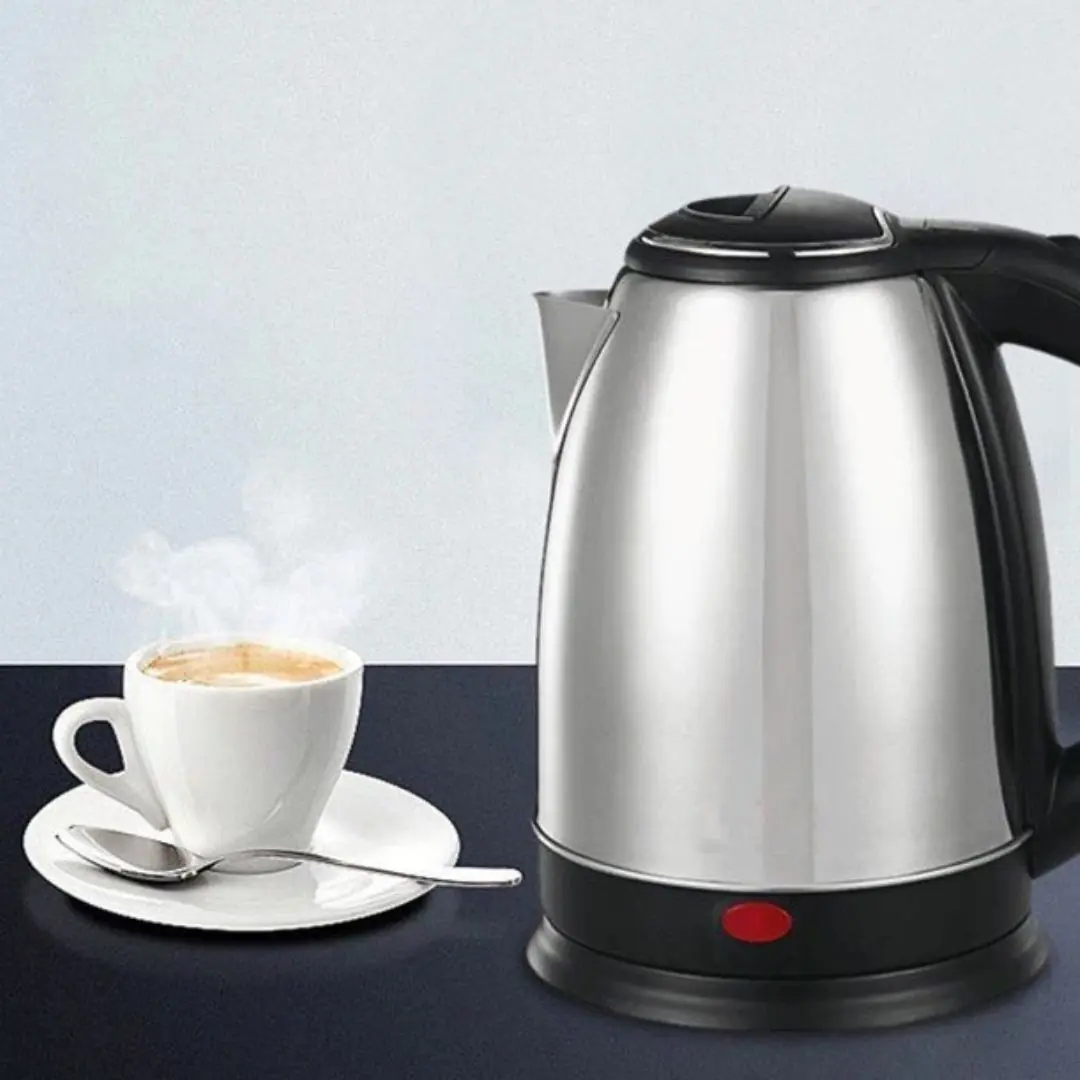
Why do foreigners rarely use electric kettles even though they are very convenient?

Should You Peel Ginger Before Eating? The Answer Isn’t as Simple as You Think
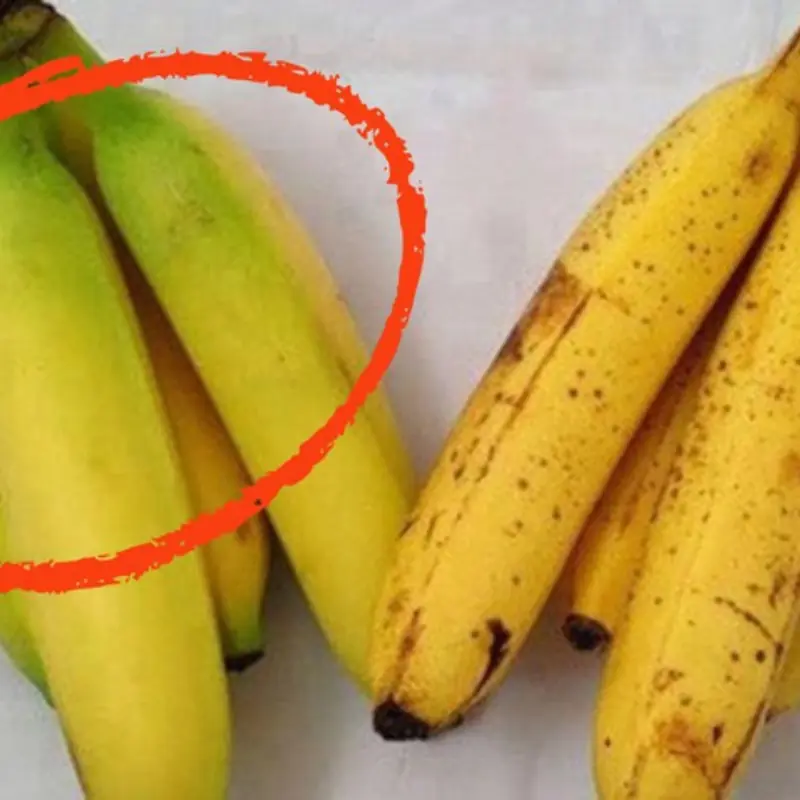
When Buying Bananas, Just Remember This Tip and You’ll Instantly Know Whether They’re Naturally Ripe or Chemically Ripened

5 Foods Stored in the Fridge That Are Like a “Breeding Ground” for Bacteria and Pathogens

A 40-Year-Old Woman Was Rushed to the Hospital After Eating Grapefruit This Way

5 great benefits of drinking coffee in the morning

Why should men eat a slice of ginger after waking up in the morning?

4 amazing health benefits of chrysanthemum tea

Why Should Men Eat a Slice of Ginger After Waking Up in the Morning?

A Type of Fish Known as the “Ginseng of the Water,”

If You Eat Pork Regularly, You Must Pay Attention to These 3 Things

Harmful effects of using phone while going to the toilet you need to know

You may not notice: when we fall asleep on the table, we often get startled - Why is that?
News Post
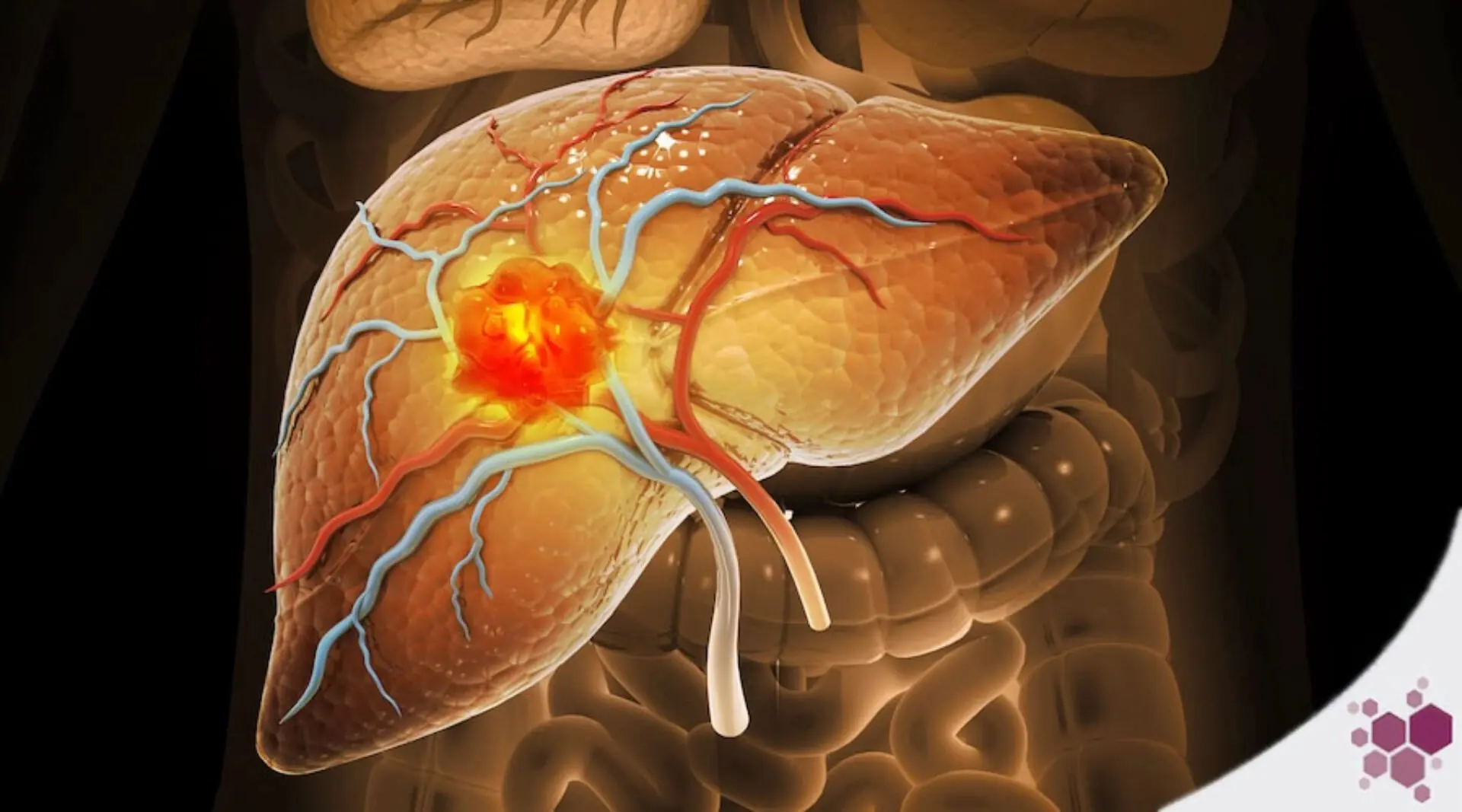
Li.ver Can.cer “Fears” These 7 Foods
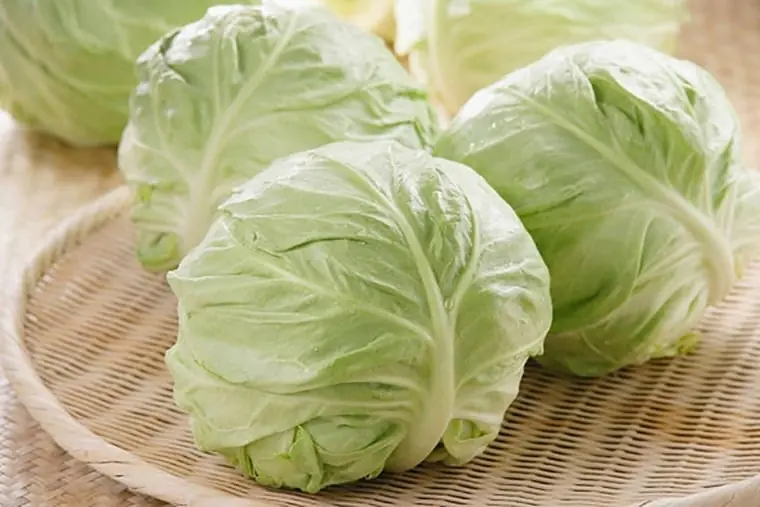
Cabbage Is Nutritious but Harmful for These 5 Groups of People

5 Types of Vegetables That “Naturally Contain Toxi.ns”
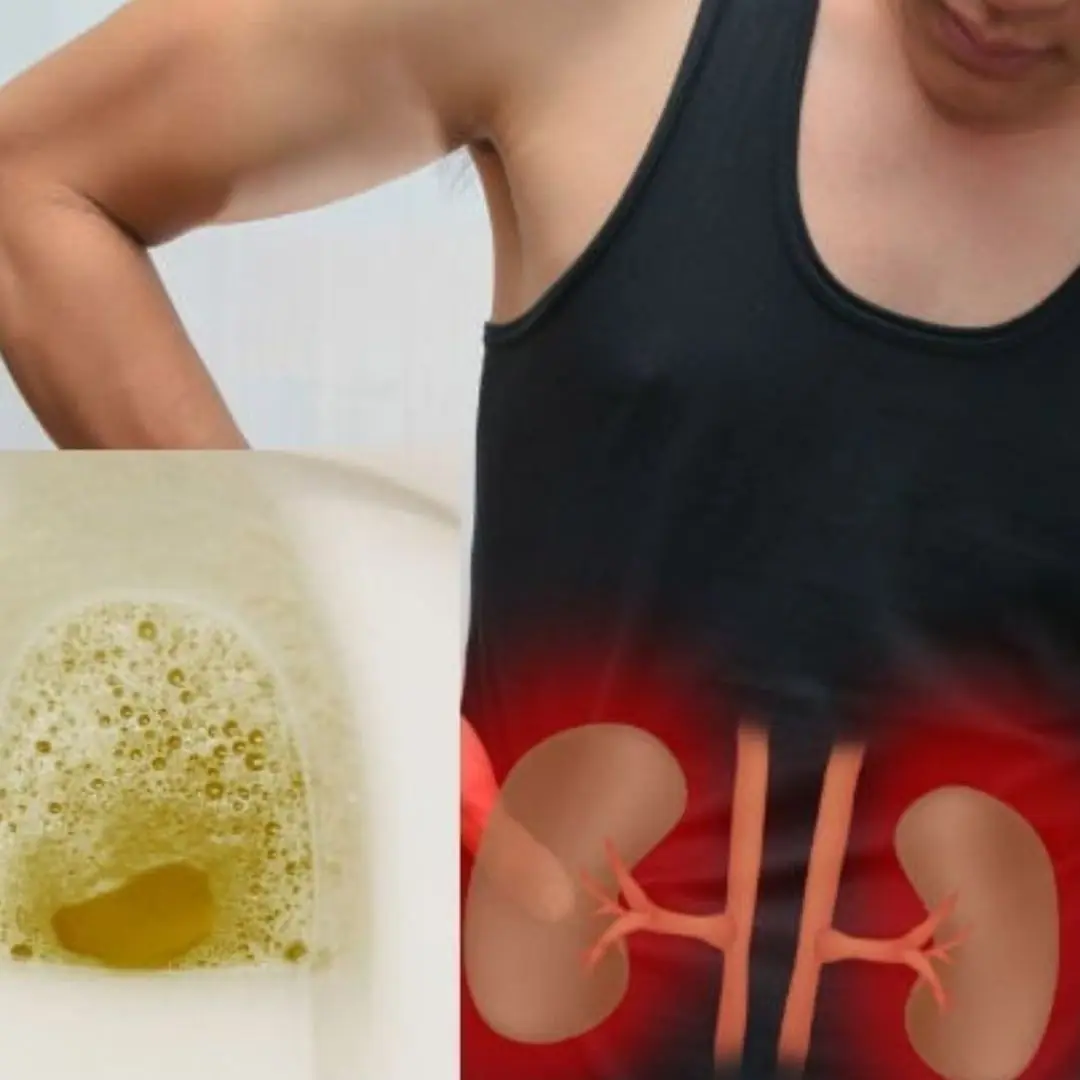
Waking up with foamy urine: Warning of 3 serious illnesses, number 1: Go to the hospital quickly

These common garden leaves could be a natural remedy for bone and joint problems—yet many overlook their power

Waking up with 6 strange tastes in your mouth, watch out for internal organs being sic.k

Headaches at these times warn of extremely dang.erous diseases

These 4 parts of a pig may be delicious and inexpensive, but you shouldn’t eat them too often—don’t let greed harm your health

Reasons why you should stop eating tilapia as soon as possible

Rich in nutrients, these 3 vegetables are considered by the Japanese as a longevity eli.xir
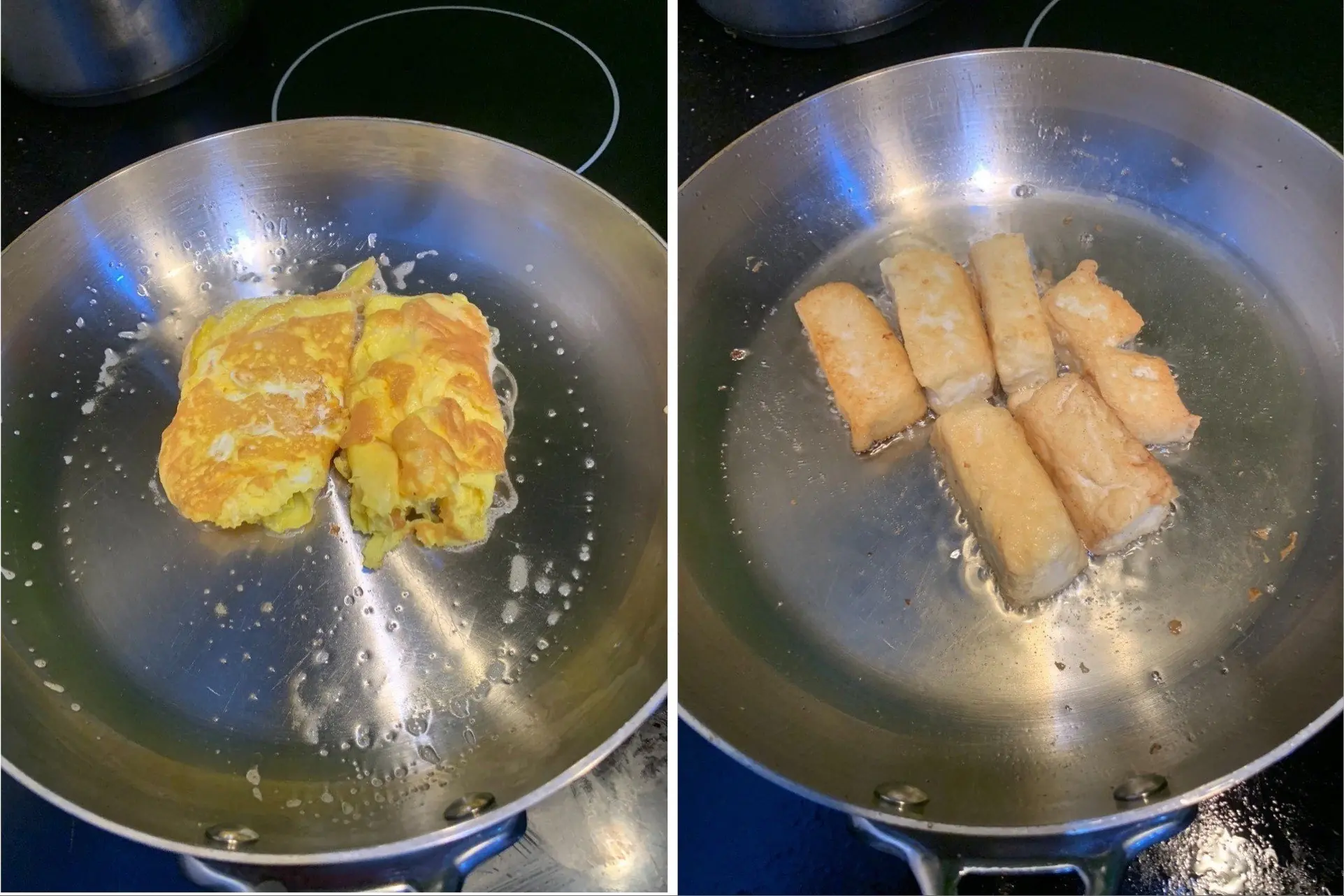
Frying Anything Without Sticking: Just Add This Liquid to the Pan

2 Hygiene Habits That “Damage” the Inti.mate Area

Eliminate Refrigerator Odors with Just Two Common, Cheap Items

3 Types of Autumn Vegetables Known as the “Kings of Calcium” Everyone Should Eat Regularly

Does eating boiled eggs every day benefit or harm the li.ver?

Groups of people absolutely abstain from eating chayote squash to avoid bringing disaster upon themselves

People with weak kidneys often have pain in 5 places: If you have 1, you need to see a doctor immediately!

5 abnormalities that appear at night warn of "blood flooding the street", even young people should not be subjective
